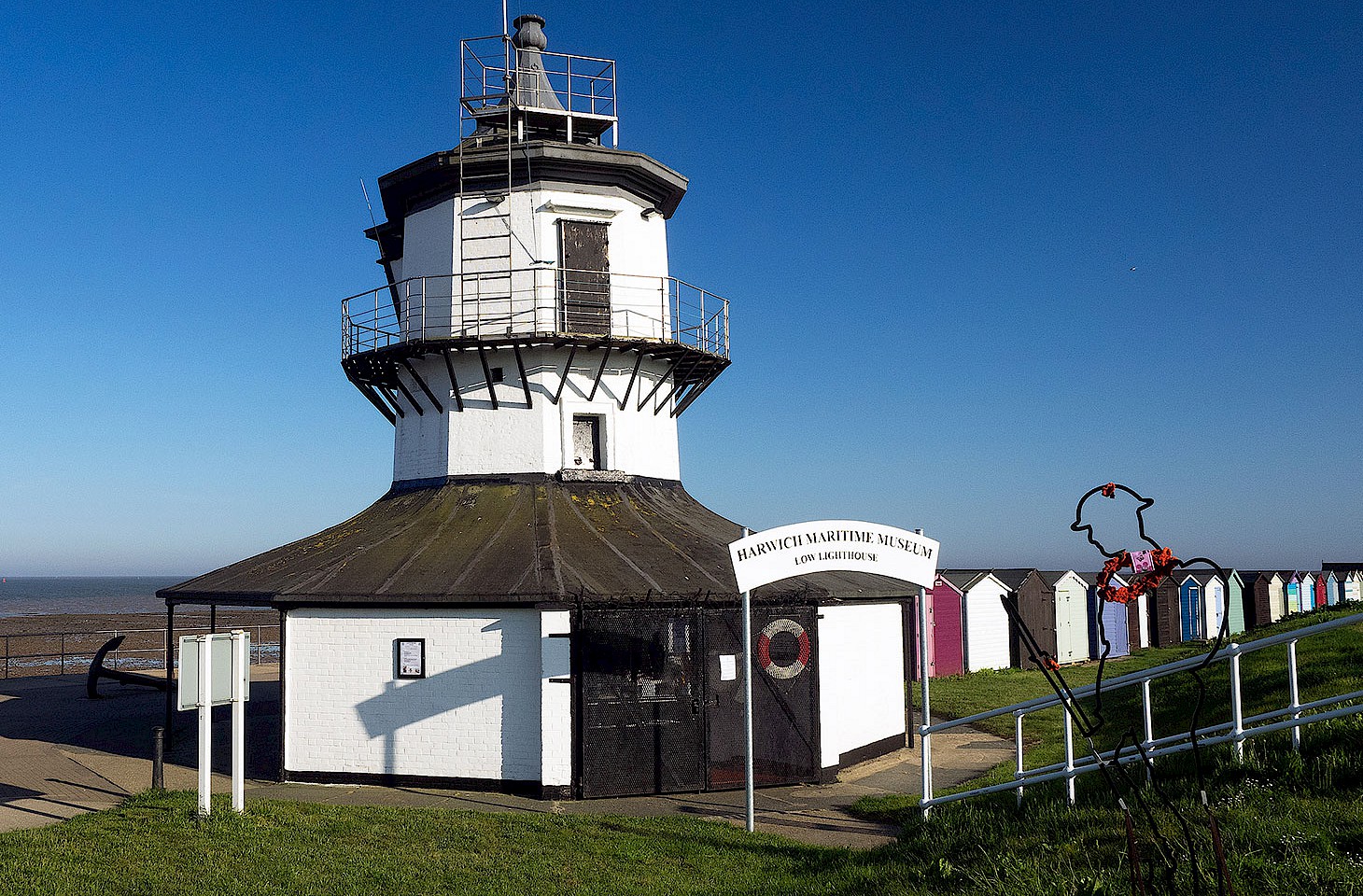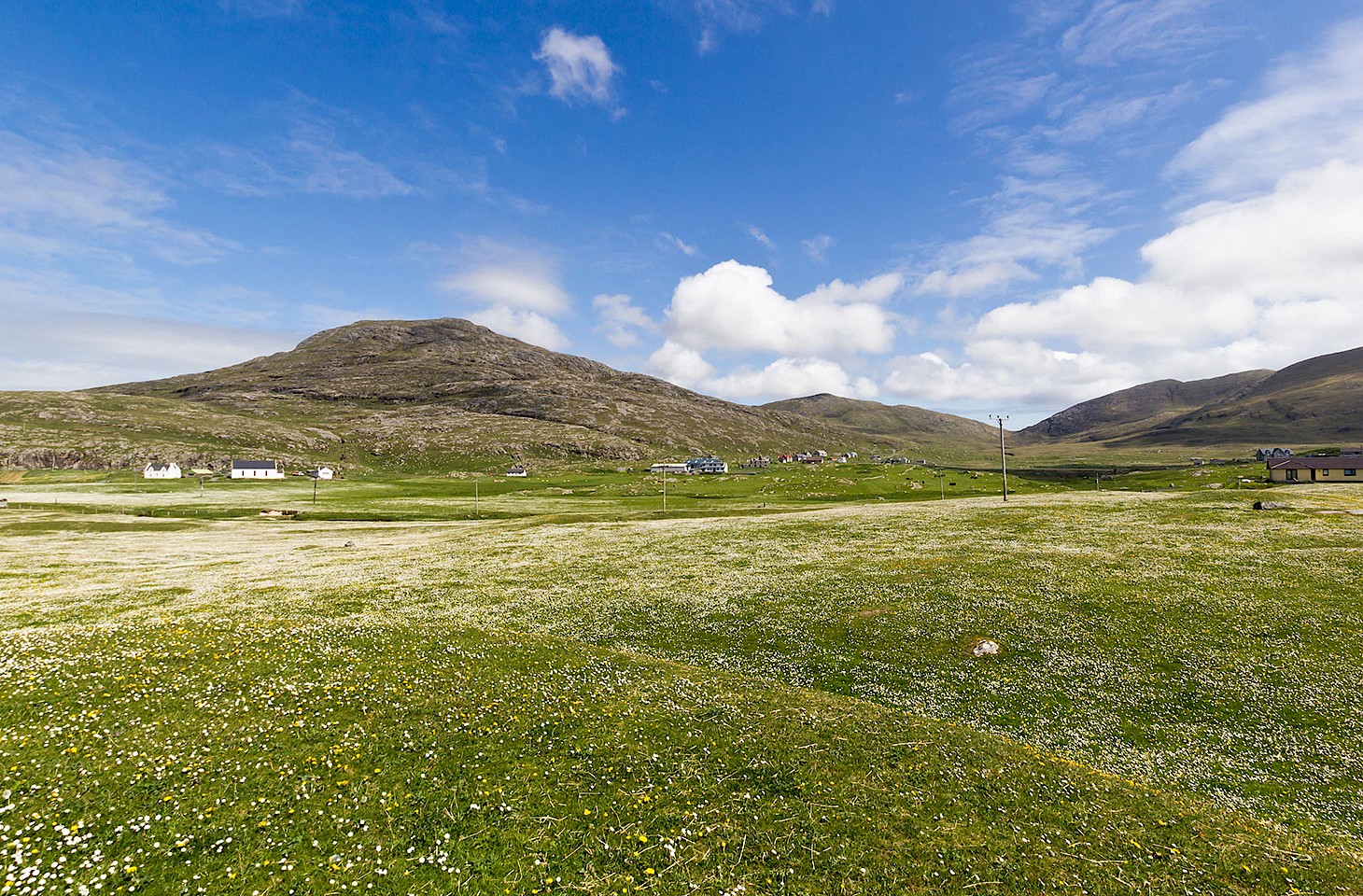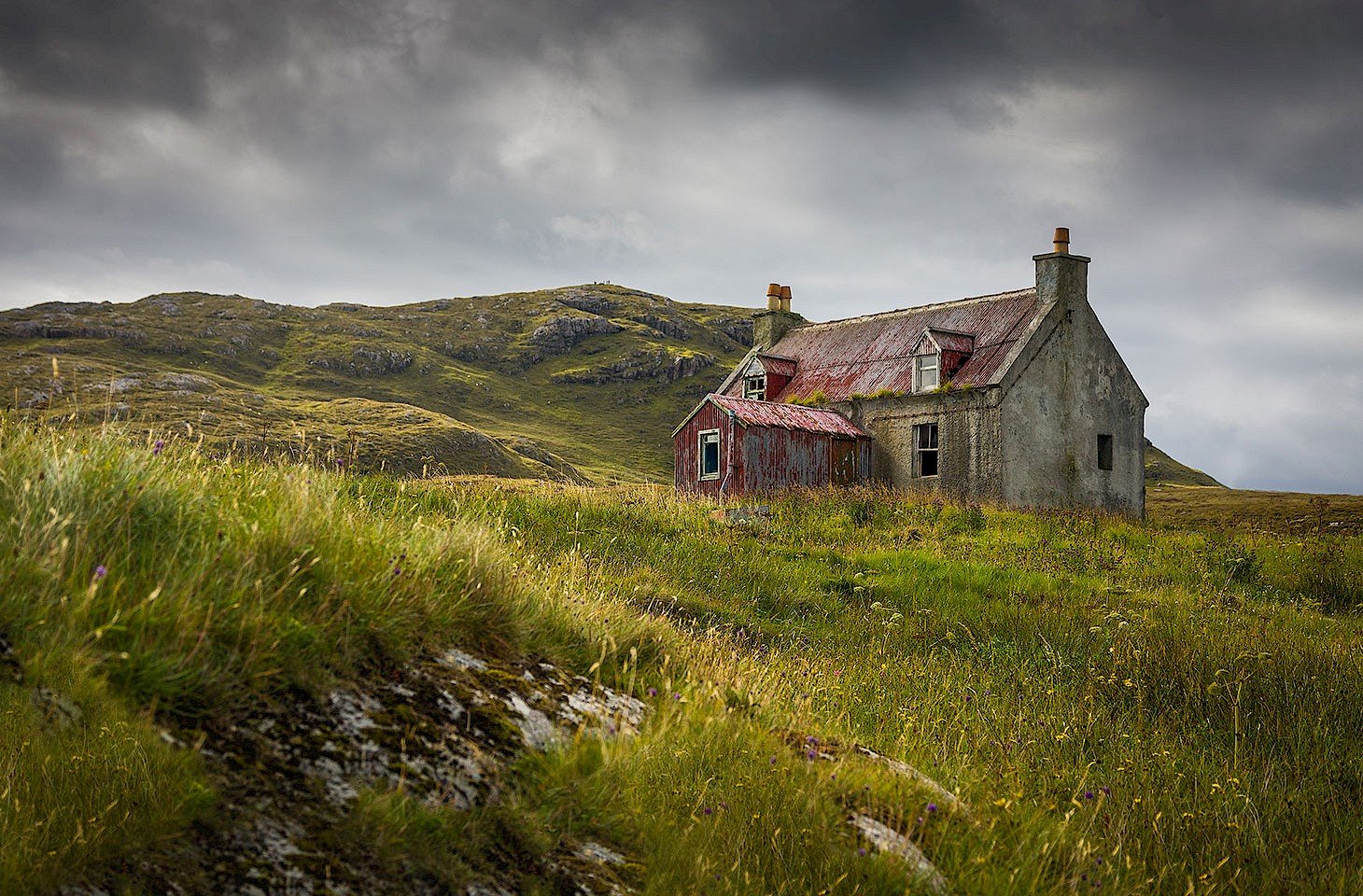We have this weekend heard the sad news of the death of Doreen Massey, the distinguished geographer whose ideas powerfully influenced our work at hidden europe. Doreen was an academic with a fine capacity to feel the pulse of policy debate across a range of economic and social issues, and she timed her interventions in such policy debates to perfection. This was no doubt a skill honed during many years working with the Centre for Environmental Studies (CES), a London-based think tank which in the 1970s challenged many of the prevailing ideas on economy, environment and social justice. When CES closed, a victim of funding cuts in the Thatcher years, Doreen moved to the Open University where she held the Chair of Geography until her retirement in 2009.
Those are bare facts of a career which was committed to exposing the fatal flaws in capitalism. Doreen Massey was bold, innovative and influential. Ripples from her work extended well beyond the academic and policy communities. She was a woman who, in the nicest possible way, made waves. One of us had the opportunity to meet her on a number of occasions and discovered in Doreen someone who was unfailingly kind, supportive and absolutely engaged in the fiery debate of ideas
Our approach to place, space and landscape in our work with hidden europe owes something to Doreen Massey. Her ability to challenge everything is a model for all socially committed writers, editors and publishers.
Our approach to place, space and landscape in our work with hidden europe owes something to Doreen Massey. Her ability to challenge everything is a model for all socially committed writers, editors and publishers. In her writing, she reminds her readers constantly that capitalism (with all its inherent injustices) is not a natural norm. Her initial interests in the labour market extended into a wider concern with spatial politics and justice. She will be remembered for her work in challenging us all to rethink the nature of space and place — and it is in that area in particular that her work impacted upon our interests as travel writers. Doreen’s theoretical insights which helped explain (but not explain away) landscapes of marginalisation and places of despair present a powerful challenge to travel writers who may just skim over the political nuances of their trade.
It is a mark of Doreen Massey’s influence way beyond academic geography that her work last year caught the attention of Robert Macfarlane, the celebrated weaver of words who has also taught us a thing or two about landscape (and the words to describe it). Writing about nature writing in New Statesman in September 2015, Macfarlane reminded his readers that good writing on landscape requires a sensitivity to “structures of ownership and capital.” Follow the path of a good writer on landscape and nature, and you might indeed run across a bar-tailed godwit. But Macfarlane suggests that “One might as reasonably expect to meet the geographer Doreen Massey.” And yes, she’s been there on many of our journeys over the years and never more so than when we’ve ventured into rough, tough areas. Real life, real travel is not about infinity pools and the landscapes of privilege. We know that. You know that. And Doreen Massey knew that more than any of us.
Nicky Gardner and Susanne Kries
(editors, hidden europe magazine)




